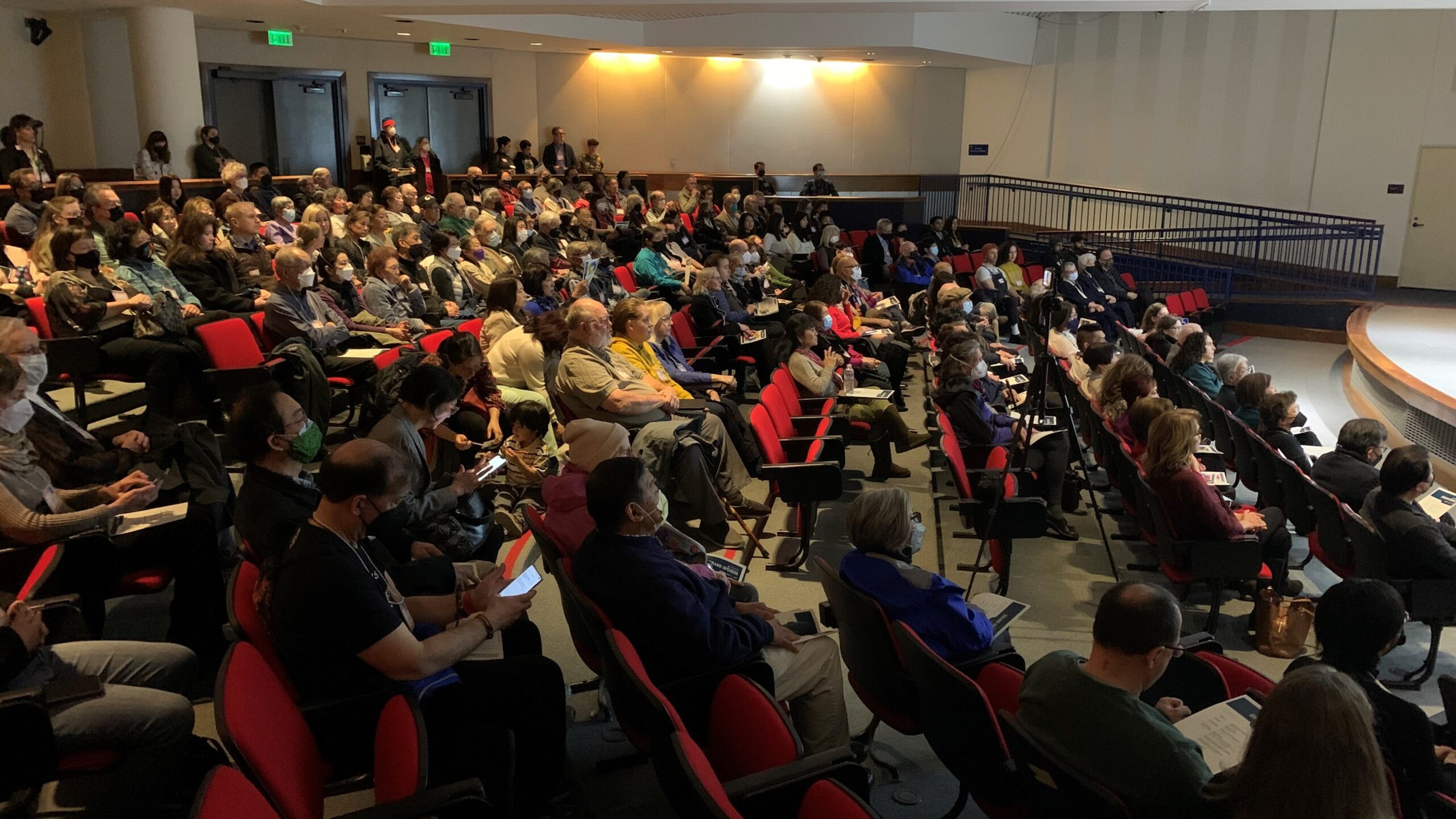
Justice Through Action
Black Reparations/Reparative Justice
Saturday, February 8 • 1:00 pm – 3:00 pm
In observance of the 83rd anniversary of Executive Order 9066, which led to the incarceration of 120,000 Japanese Americans during World War II, the Northern California Time of Remembrance (NCTOR) committee will host its annual Day of Remembrance program in partnership with the California Museum. The 2025 NCTOR event is presented by Florin, Lodi, Placer County and Sacramento JACL Chapters.
This year’s event, “Black Reparations/Reparative Justice,” features discussions with Dr. Cheryl Grills and Don Tamaki. Tickets are available through NCTOR until February 1 at the link below.
Speaker Biographies
Don Tamaki is a Senior Counsel at Minami Tamaki LLP, and he has spent decades working with AAPI legal services programs. In the 1980s, he participated in the Japanese American reparations movement and served on the pro bono legal team that reopened the landmark 1944 Supreme Court case of Fred Korematsu, overturning his criminal conviction for defying the incarceration of 125,000 Japanese Americans. He served on the California Reparations Task Force. Currently, Don is part of the core leadership of the Alliance for Reparations, Reconciliation and Truth (ARRT), a statewide campaign advancing systemic change and making the case that Black reparations is about fundamental justice long overdue.
